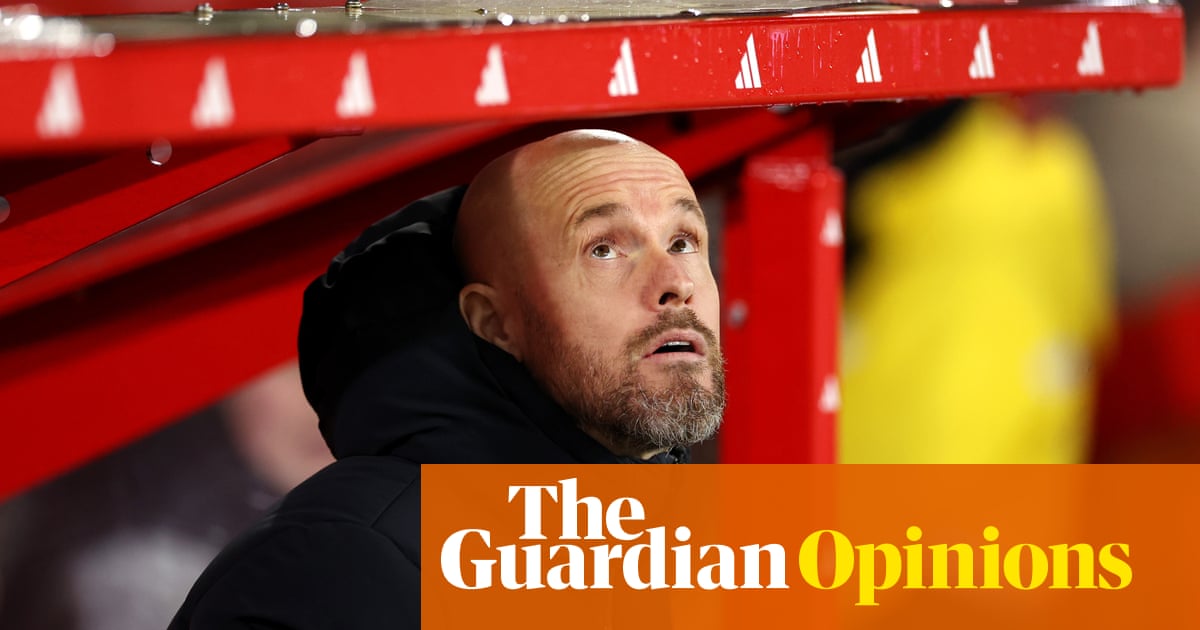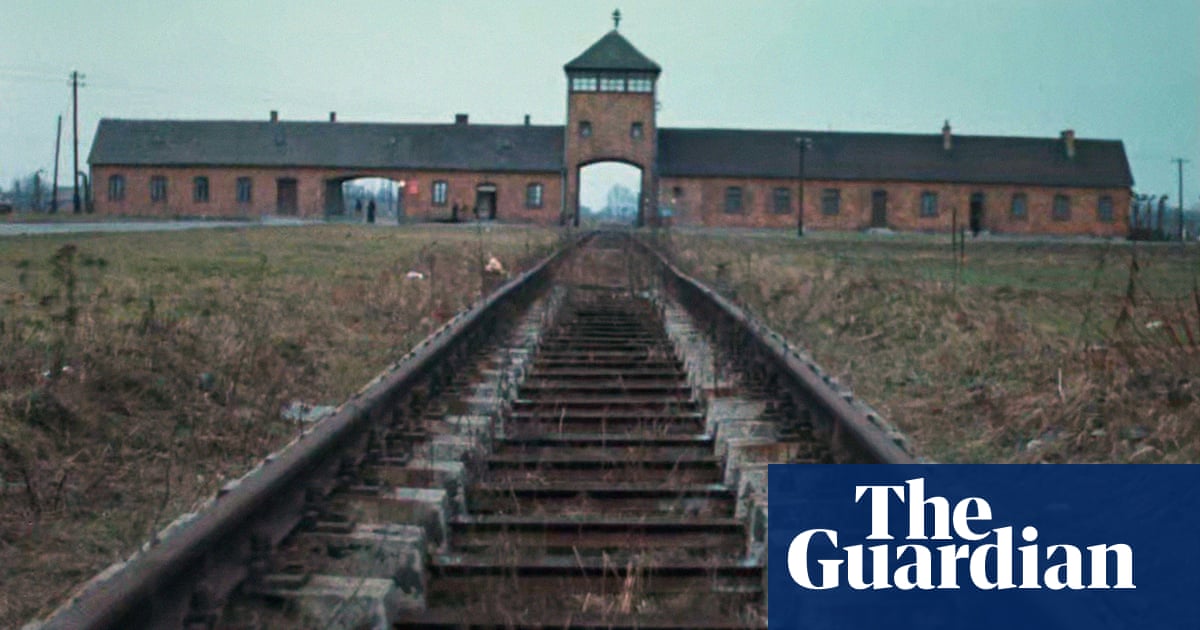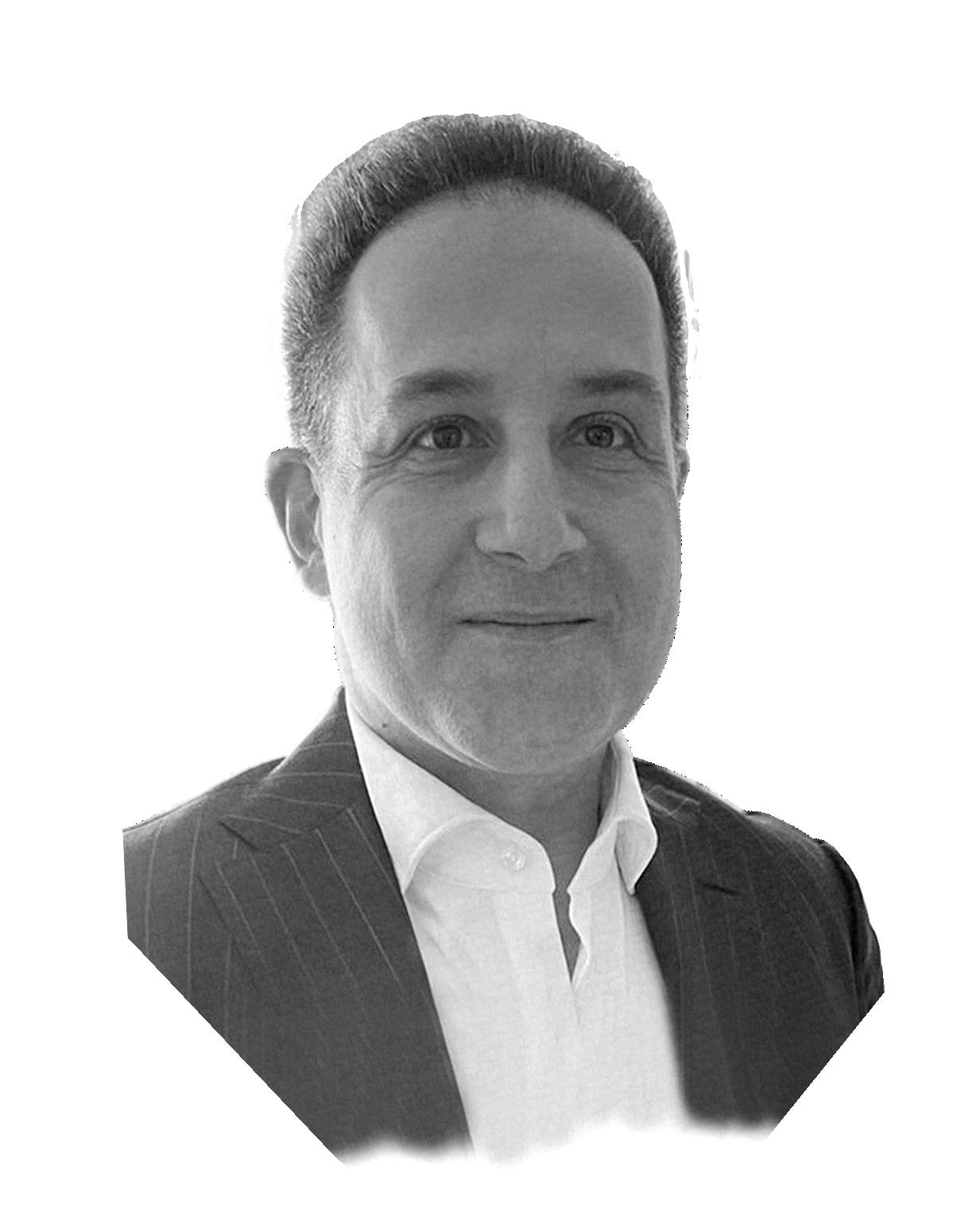
Newcastle had been mining coal for at least six centuries when, in March 1938, the American geologist Max Steineke struck oil in eastern Saudi Arabia. His find had momentous consequences: what turned out to be the world’s largest exploitable oil reserves made Saudi Arabia crucial to the global economy and the politics of the Middle East, and a kingdom that other countries found it useful to befriend.
The effects have been unfurling for the past 80 years, and in Newcastle you might say with contrasting results: harsh and kind. First: by vastly swelling and cheapening the oil supply, Saudi Arabia helped finish off the original source of Newcastle’s prosperity and significance (together with most of Europe’s deep-mine coal industry). Second: with this month’s purchase of Newcastle United FC, Saudi Arabia has revived the civic spirit and brightened the city’s future.
The latter statement requires you to believe that the city and the football club have identical interests; that supporters and citizens share the same fealty; that the roof of the stadium at St James’ Park, distinctive in the city-centre skyline, is a substitute for the shipyard cranes and the colliery winding gear whose silhouettes have disappeared.
There is, after all, only one football team in Newcastle: unlike the rival clubs of London and the pairings in the bigger English cities (to say nothing of Glasgow, Edinburgh and Dundee), it carries the undivided burden of a city’s adoration and despair. The fans like to think of themselves as “the geordie nation” and there may be something to that fancy – nationhood often being underpinned by what Sigmund Freud called “the narcissism of the small difference” as well as the notion of a golden past.
Newcastle United can supply both. No other club in England has an anthem as old as the Blaydon Races – it was first performed in a Newcastle music hall in 1862 – or as purposefully local in its references and its language, a word which the geordie dialect, infused with so much non-standard English, sometimes stretches to. And which English region has produced as many renowned players – Jackie Milburn, the Charlton brothers, Paul Gascoigne, Alan Shearer – as Newcastle and its hinterland?
As for a golden past, there it lies glittering in the dust: four times winners of the old First Division; six times winners of the FA Cup and seven times runners-up, the last significant Wembley triumph in 1955. According to attendance statistics, Newcastle were the best supported football club in England in the first half of the last century. In 1932, not just trains but steamships took thousands of flat-capped men south to that year’s cup final.
The Saudi-backed consortium has acquired the stewardship of this tradition, as well as ownership of the club, for £300m – a bargain price. A club’s history contributes to the passion of the stadium crowd, which adds to the excitement of the global television audience, which helps grow that audience, which increases advertising and viewer revenues, which adds to the profits of the TV channel and the Premier League … and so on.
In this chain of value, the spectators in the stadium come second only to the players. (The wonder is that they pay to get in – they deserve fees as film extras.) Add to this structure the thorough globalisation of Premier League ownership, often foreign and sometimes remote, and you have the answer to the conundrum of why a supporter can speak of “our” club when it belongs to an oligarch, a sultan or a baseball business.
Newcastle is now funded, however indirectly, by a regime that oppresses women and eliminates its critics by murder and dismemberment; but what most supporters seem to feel is gratitude. In any case, BAE Systems has sold Saudi Arabia at least £6.9bn-worth of arms (an official figure – other estimates are far higher) since a Saudi-led coalition began bombing Yemen in March 2015. These are sales made under a government-to-government agreement and therefore “in our name”. A fan might ask, what’s a football club in this scheme of things? And when will they hire a new manager, having terminated Steve Bruce (though he’ll be OK with his few million quid payoff and his house in Darras Hall)?
Last Sunday afternoon I saw these avid, friendly people from the window of a Metro to Whitley Bay. Little family groups and big men wearing black-and-white Newcastle shirts, all of them looking cheerful while they waited at Wallsend, Percy Main and North Shields for trains going the other way – into town, to see United v Spurs, the first game under the club’s new ownership.
A few had tied tea-towels on their heads as make-do kafiyas. Another marched along the platform waving the Saudi flag – recognisable by its Qur’anic inscription in Arabic. Perhaps they did this as a welcome, perhaps as a thank you, perhaps as a piece of fun: all three, probably, but it embarrassed the new management, who on Wednesday issued a statement “kindly asking supporters to refrain from wearing traditional Arabic clothing or Middle East-inspired head coverings at matches if they would not ordinarily wear such attire”. The club stressed that nobody in the new ownership had been in any way offended, “but there remains the possibility that dressing this way is culturally inappropriate and risks causing offence to others”.
I like Newcastle. The handsome stone terraces, the steep slope down to the Tyne, the seven bridges across the river, the graceful curves of the railway arches, the arcades, the museums: who could have expected such filthy industries as coal, shipbuilding and alkali-making to have left such a beautiful residue?
Still, a town that likes to be known as “party city” makes an odd fit for the moral austerity of its football club’s new funders. On a Friday and Saturday night, shoals of men and women sway down its handsome streets, keen to lose inhibition and find excess. Most cities in Britain now understand the meaning of “the evening economy”, but Newcastle remains its apogee: in its central drinking quarter, almost every shop has become a restaurant or a bar. It isn’t Jeddah.
I first came here in 1956. Lying in my Newcastle hotel bed last Saturday, secure from the crowds on the Quayside, I remembered what I could of that visit. In the long gap between a change of trains – we were on our way from Scotland – my father had taken me down to the swing bridge, which opened on cue to let a yellow-funnelled steam tug sail downstream. The air itself seemed grey with smoke – from the trains on the bridges as well as the tug – and the buildings on the opposite shore were a jumble of black. The age of the first fossil fuel was ending in Britain, though I didn’t know that. It had made us and may ruin us, though that too wasn’t known.
Ian Jack is a Guardian columnist












